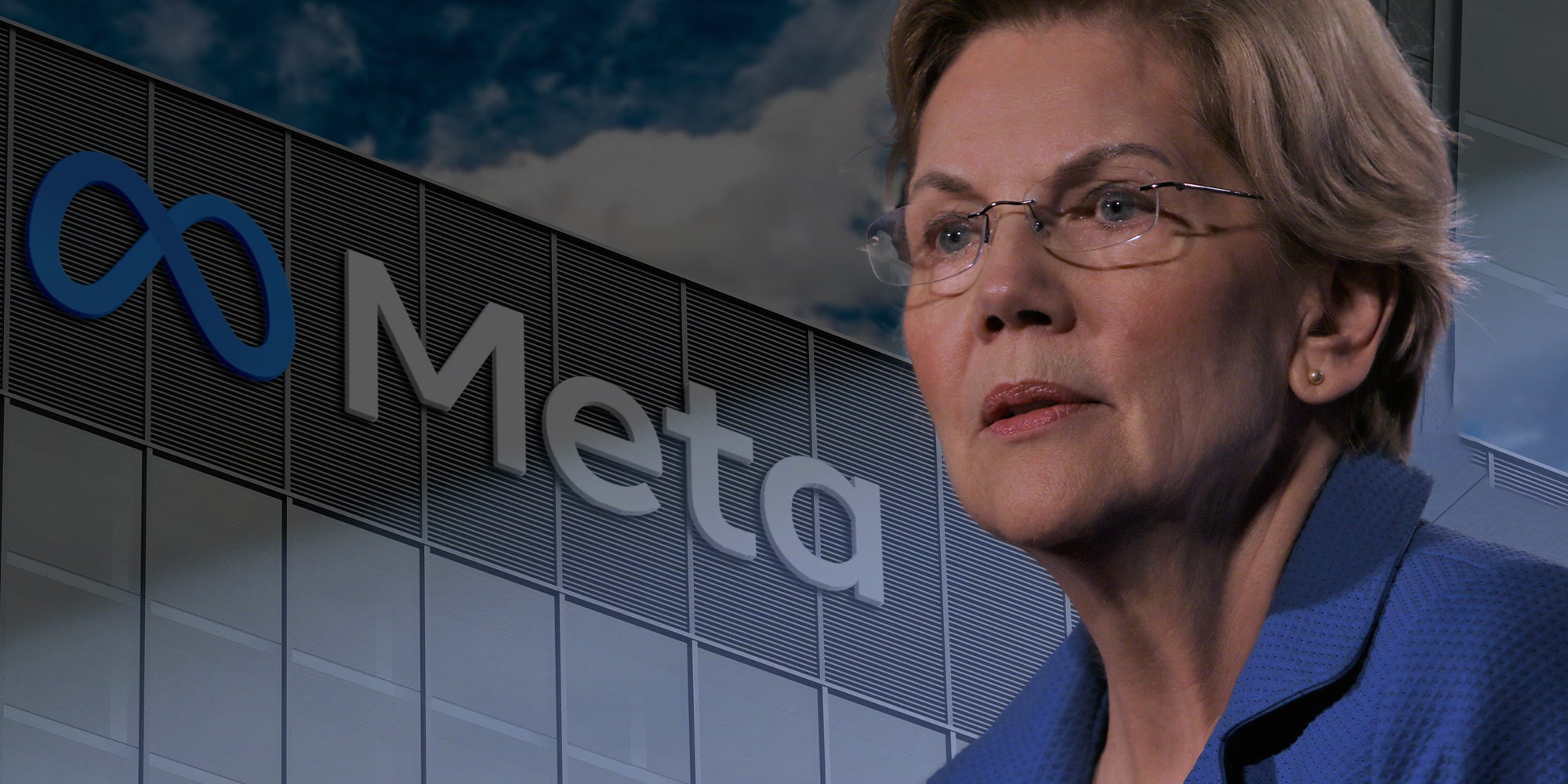
In an age of social media, the battle of hearts, minds, and, most importantly, the truth, feels more volatile than ever. And as the humanitarian crisis in Gaza continues, it’s becoming clear that history is repeating itself in the most disturbing way possible.
In a letter sent Thursday to Meta’s CEO, Mark Zuckerberg, U.S. Senator Elizabeth Warren hit out at what she considered to be draconian measures against Palestinian creators’ social media posts.
“Amidst the horrific Hamas terrorist attacks in Israel, a humanitarian catastrophe including the deaths of thousands of civilians in Gaza, and the killing of dozens of journalists, it is more important than ever that social media platforms do not censor truthful and legitimate content, particularly as people around the world turn to online communities to share and find information about developments in the region,” the letter reads.
In Warren’s eyes, at least, Meta has clearly failed in the “censor[ing] truthful and legitimate content department time and time again” — and the only thing more concerning than this censorship is the fact that it keeps happening to one side in particular.
According to The Intercept, “uneven enforcement” of censorship rules has been impacting Gaza ever since Hamas’ Oct. 7 attack, with hundreds of social media users around the world reporting the inexplicable disappearance of posts, hashtags, comments, and, in extreme cases, even entire accounts.
But the most peculiar part of this shadow (and outright) banning is that none of these accounts seemed to violate any rules — that is, unless you class supporting Palestine as a rule breach.
You’d think that after Meta’s third-party audit found that “Meta’s actions in May 2021 appear to have had an adverse human rights impact … on the rights of Palestinian users,” they’d be a little more mindful of their biases — but if Senator Warren’s letter is anything to go by, it seems like things have gone from bad to worse.
But what are the implications of this on the creator economy? For one, it raises an important question about platforms’ responsibilities towards creators. If Meta doesn’t provide transparency over its content moderation policies, and toward Palestinian content creators, the line between responsible moderation and harmful censorship becomes way too thin to be comfortable.
When all is said and done, the lack of transparency or blanket bans on particular search terms or political stances tips the scale toward irresponsible censorship, which risks making the platform a viable place for all creators.




